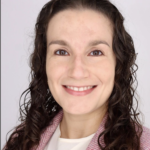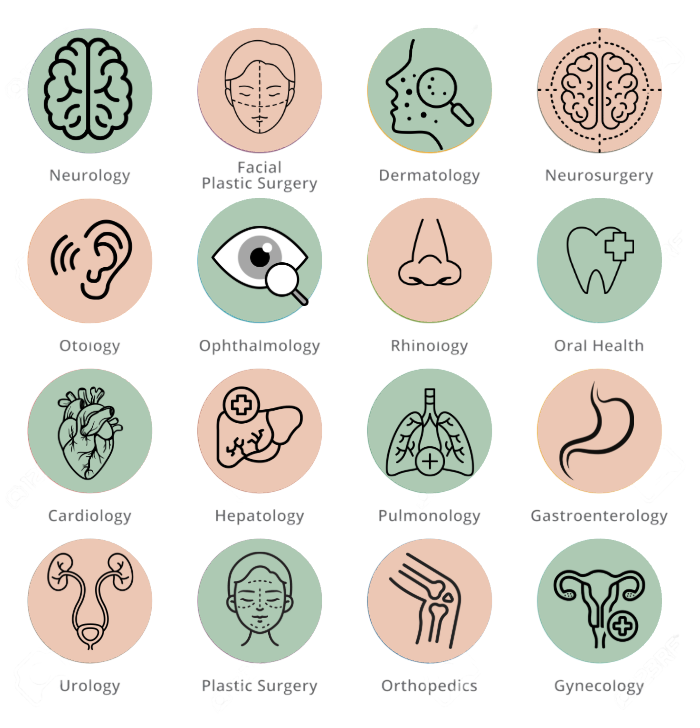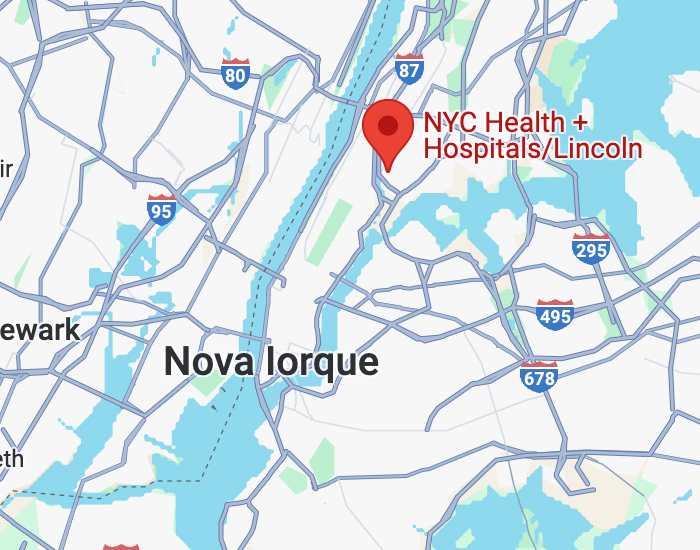As a clinician educator, I receive several questions about what makes a student stand out in a clinical rotation. Therefore, I thought it could be helpful to share with you, dear reader, what are, in my opinion, the
Ten commandments for a successful clinical rotation in the US.
- You should always be prepared – be prepared to answer the questions you will be asked during a clinical rotation, by trainees who are senior and junior to you, by your attending physician, by patients, by any member of your team. Being prepared means studying your patients’ pathologies, their typical and atypical presentations, going back to bedside and looking for all the physical findings. Being prepared also means talking to the bedside nurses, listening, and addressing their concerns. Also, being prepared means knowing how to address patients and team members, what the dress code for the rotation and the expectations for it are.
- You should always be curious – there is tremendous value in always being curious. The trainees who have worked with me can attest I am annoyingly curious. I don’t think I have ever grown out of my “why” phase, because I genuinely want to know the why of everything that is happening to the patients I have the privilege to care for. Being curious gives us the opportunity to always learn something new. By modeling curiosity, we provide our patients with the safest care possible: we encourage others to ask for clarification, we encourage open dialogue among team members and it shows others that we are always willing to learn.
- You should stay humble – accepting our own limitations, constructive and actionable feedback and being open to guidance are all important aspects of having a growth mindset and strong traits of humility. Additionally, clinician’s humility positively affects patients’ health outcomes and overall care. If we are willing to seek the help of others, we can help our patients better. It also serves as a protective factor against burnout. (1)
- You should be proactive – offer to help with any tasks, offer to help with follow-ups, with procedural preparation (any PCCM fellow will thank you if you gather all the supplies needed for a central line, for example. I promise!). Stay attentive before, during and immediately after rounds and listen for any work that needs completion and offer to do it. And what is the sign of a proactive master, you ask? They were so attentive that they let their senior resident know when a task has already been completed. And allow their seniors the privilege of checking that box off their “to-do” list. (wink, wink)
- You should communicate clearly – unclear communication is probably one of the most dangerous things when patient care is involved. We should always communicate clearly, respectfully, in a concise and kind manner. That goes for communication with patients, their families, and any members of the care team. And if you have questions about what was said, go back to commandment #2.
- You should be compassionate – take time to really listen to your patients and their families. Really listen. Leave all your judgment and ego out of the door upon entering a patient’s room. The most important person in the physician-patient relationship is the patient, and their needs should always come first. Putting the needs of the patients first brings us purpose, reminds us why we decided to go to medical school and endure years of training. It puts all the challenges into perspective.
- You should prioritize teamwork – always stress and emphasize the need for collaboration. Collaboration among different teams, among all the members of the healthcare team, among the patient’s family members (they should always be seen as an essential part of the care team just in case you were wondering. 😊) should be celebrated, encouraged, cherished. There is strength in teamwork.
- You should be ethical – don’t know something? That is super ok! Just say: “I don’t know”. Do not make things up, do not try to produce something at the last minute. Just own the opportunity for growth (go back to commandments #2, #3 and #5). Additionally, do not forget the principles of medical ethics, patient confidentiality, informed consent and shared decision-making and integrity. Another Monday on the job for us might be someone’s worst day ever, therefore, do not comment about your patients in elevators, cafeterias and please, never on social media.
- You should manage your time wisely – also known as you should under promise and overdeliver. If you believe it will take you three hours to complete something, ask for five hours, give yourself room for any unforeseeable circumstances. Being punctual for rounds, exams, procedures, presentations is the bare minimum. If you know you will have a conflict, please alert your team in advance.
- You should remember to have fun and make connections – there are few things more exciting than learning new things and meeting new people. Also, do not forget that any clinical rotation is a four-week-long interview for the role you are applying for. Make the most out of it: do not forget to bring levity, kindness, and happiness to work, it will make the whole learning environment better.
I hope these commandments serve as an initial guide for those starting your clinical rotations. But please do not see them as an all-encompassing list. I am sure commandments that worked for some of you were left out by me, so please, send me any additions. I wish you all the best in your medical career, may you find as much joy and purpose in being a physician as I have, and may you stay curious for yours and your patients’ sake.
With love,
Alice Gallo de Moraes, MD
Reference:
Wadhwa, A., Mahant, S. Humility in medical practice: a qualitative study of peer-nominated
excellent clinicians. BMC Med Educ 22, 88 (2022).
























